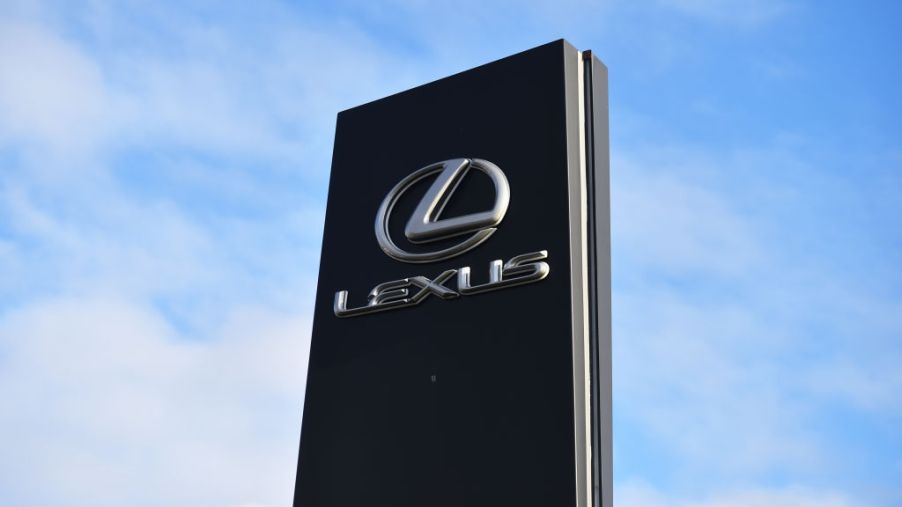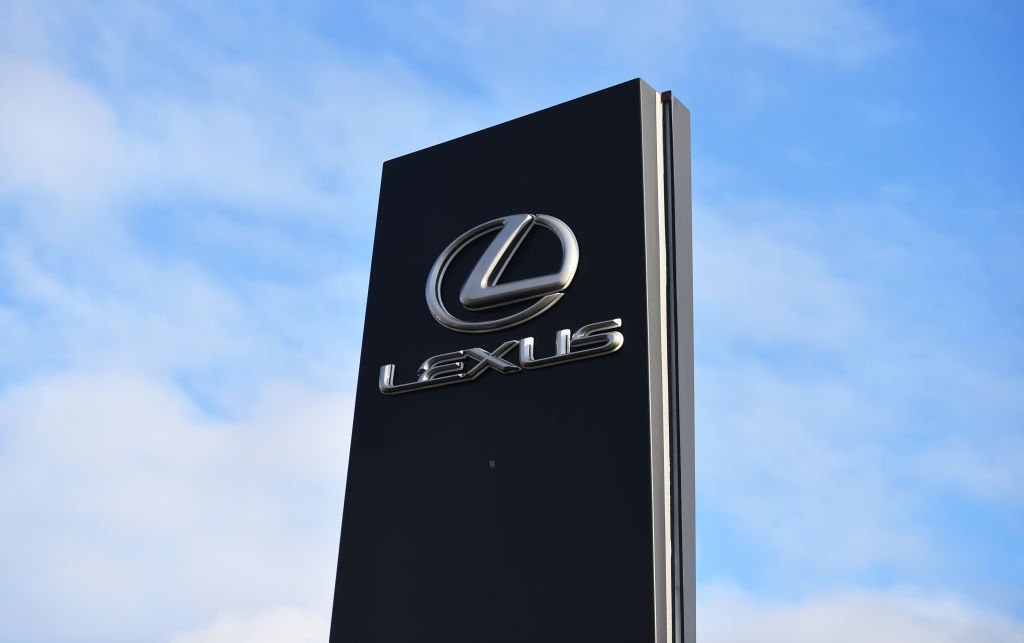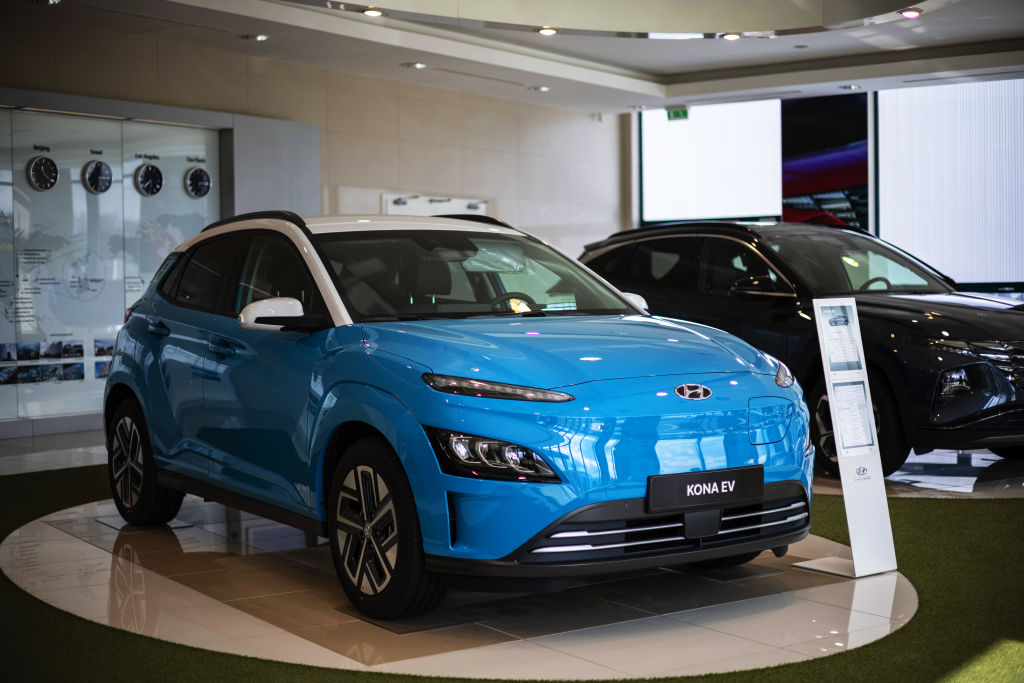
How Much Does a New Vehicle Depreciate Every Year?
Vehicle depreciation isn’t always at the forefront of our mind when purchasing a new car, but that doesn’t mean it shouldn’t be. How much a vehicle’s value decreases every year is rather important and is even a factor calculated when you look at a car or truck’s true cost of ownership. But, depreciation isn’t always the same for every vehicle, and the rate at which a vehicle loses value each year can vary greatly. Really, most people don’t realize just how much a new vehicle can depreciate even in the first few years of ownership, and it makes us wonder if the cost of ownership for a new car makes it worth it.
How much does a brand new car depreciate after one year?

Buying a 2021 model year for a vehicle can mean the difference between vehicle generations, updates, and even upgrades. This could include improvements in driving aids, safety features, or additional tech and luxuries that some buyers are looking for. It also means that once you purchase that new 2021 vehicle, you can expect a drop in value. All vehicles depreciate at different rates, with higher-end luxury cars and brands that become more expensive to maintain and repair over time having higher rates of depreciation.
According to Edmunds, new vehicles typically depreciate 23.5% from their original sales value within the first year of ownership. Within the first five years of vehicle ownership, that rate totals to around 60% loss in value from the original MSRP. This could mean that buying a used vehicle that is five years old can minimize your rate of depreciation while still getting a newer vehicle with many of the same safety features and technology that we see today.
The true cost of ownership for vehicles within the first year of ownership

The true cost of ownership for a brand new vehicle takes into account all costs associated with vehicle ownership that buyers should be aware of. Along with vehicle depreciation, there are many new costs of ownership that also come out of pocket for many buyers. This includes tax, tag, and title, registration fees, inspection fees in states where inspections are required, insurance premiums, and the cost of financing the vehicle if it is being financed rather than being purchased outright.
Is buying a brand new car worth it?
When it comes down to it, there is more to car ownership than stressing about a vehicle’s depreciation. There are plenty of very logical and valid reasons why buying a brand new car is still the best option for many buyers and families, regardless of the loss in value that is inevitable. For one, to really avoid dramatic value loss, you’d have to buy a fairly older used vehicle, which isn’t appealing to a lot of buyers.
When you buy a vehicle brand new, you have the comfort of the original warranty, which usually covers the first few years and the first chunk of mileage that the car will cover. To many buyers, the warranty itself is worth the stress of the vehicle’s value decreasing after purchase.
Buying a vehicle brand new also gives the owner peace of mind in knowing that there couldn’t have been any lapses in maintenance, because no maintenance should have occurred yet. Proper vehicle maintenance is an important factor in keeping your vehicle on the road, and ensuring your vehicle stays a safe and reliable mode of transportation.
Overall, vehicle depreciation can deter buyers from purchasing certain brands, but for many people looking at buying new cars, the benefits far out weight the loss in value. In fact, chances are if you’re looking at buying a brand new vehicle, you’ve already taken this factor into account and acknowledged that the benefits and security of the purchase balance out the loss of value in the vehicle.


